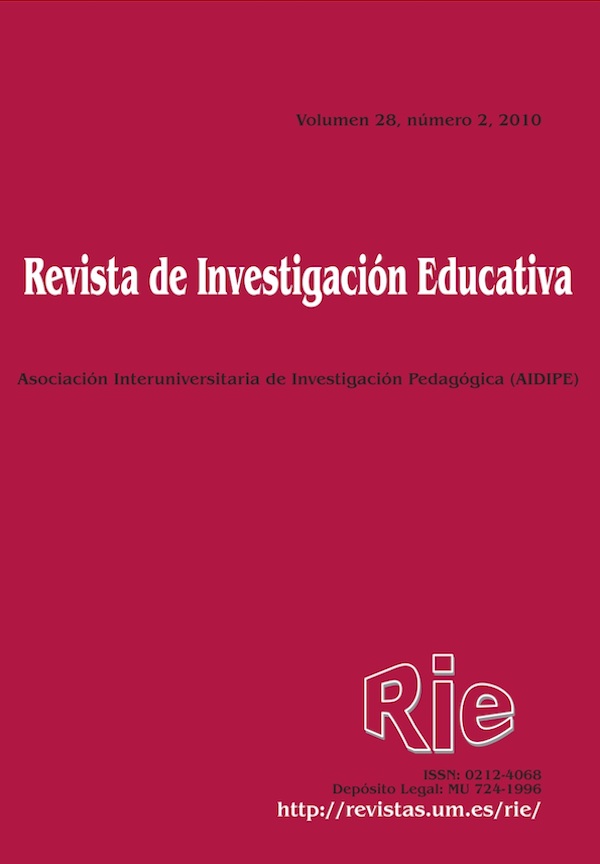Improvement of self-esteem and emotional competence of south american teenaged immigrant living in spain by means of a psychoeducational program of mindfulness
Abstract
This paper analyses the impact of a mindfulness program on the level of self-esteem and emotional competence of a group of Latin American teenaged immigrants living in Spain. Two groups were involved in the study: an experimental group participated in the mindfulness program, and a control group, which did not take part in this program. The levels of self-esteem and emotional competence of both groups were assessed using the Rosenberg Self-esteem Questionnaire and the TMMS-24 Scale respectively. The statistical analyses showed a significant increase in the levels of self-esteem and emotional competence of the experimental group in comparison with the control group. The results of this study confirm the benefits of mindfulness techniques as useful and effective strategies to improve self-esteem and emotional competence. Also, they may be viewed as experimental evidence for integrating them in Education with the aim to improve the psychological and emotional well-being of young immigrants.Downloads
-
Abstract6101
-
PDF (Español (España))5469
The articles and scientific documents published in RIE abide the following conditions:
1. The Servicio de Publicaciones de la Universidad de Murcia (the publisher) has the property rights (copyright) of all the documents published and allows the reuse under the user’s license indicated in point 2.
2. All documents are published in the digital edition of RIE under a Creative Commons Reconocimiento-NoComercial-SinObraDerivada 4.0 Internacional. (legal document) license. These documents can be copied, used, distributed, communicated and explained publicly if: i) the author(s) and its original source of publishing (magazine, publisher and URL of the document) are cited; ii) it is not used for commercial purpose; iii) the existence and the specifications about this license are mentioned.
3. Auto-archive’s conditions. The authors are allowed and encouraged to digitally distribute the pre-print versions (a version before evaluation) and/or post-print (a version that it is already evaluated and accepted to its publication). This promotes circulation and distribution earlier and can increase the citations and significance within the academic community.










